Community groups urged to remember local war dead
- Published
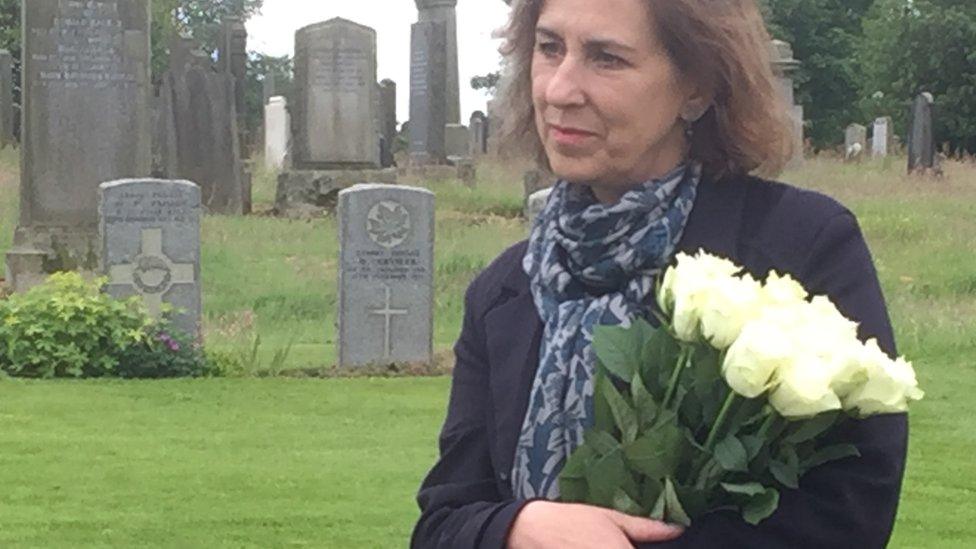
Broadcaster Kirst Wark launched the campaign in Glasgow
A campaign has been launched to encourage community groups to remember - and visit the graves of - the dead of World War One.
The Living Memory project, external has won the support of broadcaster and journalist Kirsty Wark, whose great uncle fought at the Somme.
She has urged people to visit war graves - including those in more than 1,200 cemeteries across Scotland.
She said people should remember the casualties, and find out their stories.
The campaign was launched at the Western Necropolis on Glasgow which contains the graves of 355 service personnel killed during World War One - the earliest Pte L Maskell, who died on 26th October 1914.
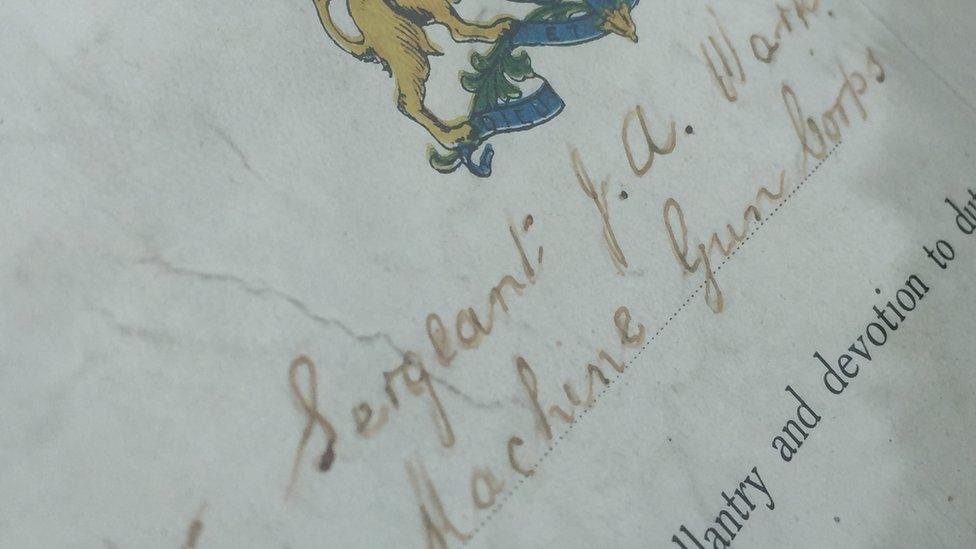
Kirsty Wark's Great Uncle fought at the Somme
They are maintained by the Commonwealth War Graves Commission, which looks after memorials in more than 150 countries and in every continent apart from Antarctica.
Kirsty Wark said her relative, James Wark, fought and survived the entire 141 days of the Battle of the Somme, to die of Spanish Flu "just days after the Armistice in 1918".
"He had the most poignant letter in his kit bag, which the family now have, saying how much he looked forward to coming home," she said.
"Sadly, as we know, he never made it, but thanks to the Commonwealth War Graves Commission, he is buried and remembered at the Ascq Communal Cemetery in France."
Jennie Sweeney, from the commission, told BBC Radio Scotland's Newsdrive programme that the initiative was "about raising awareness."
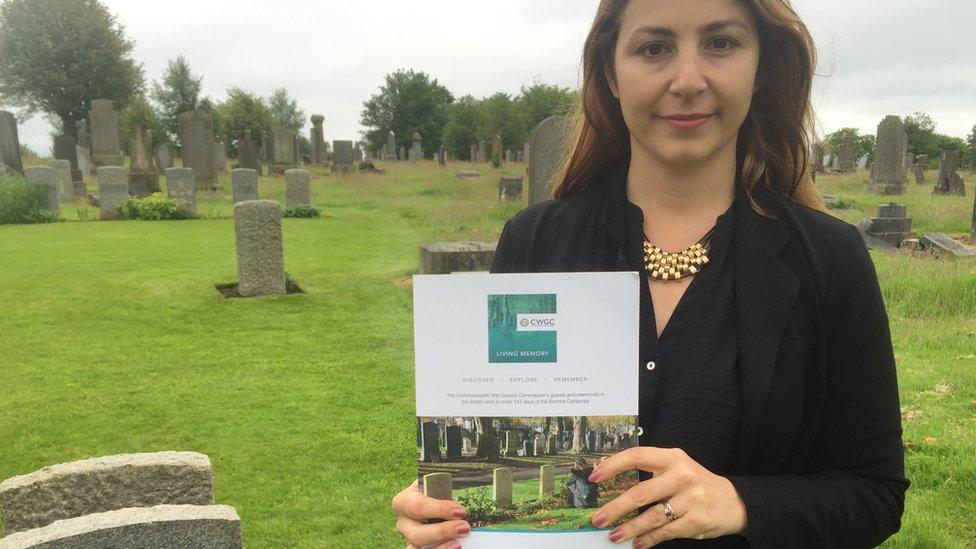
Jennie Sweeney from the CWGC is promoting its Living Memory resource pack
She said most people know about the cemeteries in Belgium and France, but she called graves in Scotland and the rest of the UK "the forgotten front."
She added: "We're looking to mark the Battle of the Somme by encouraging community groups to go, find, research, visit, explore and commemorate their local war graves."
The commission has launched a resource pack to help people organise events, and find graves near them or the details of casualties from their local area.
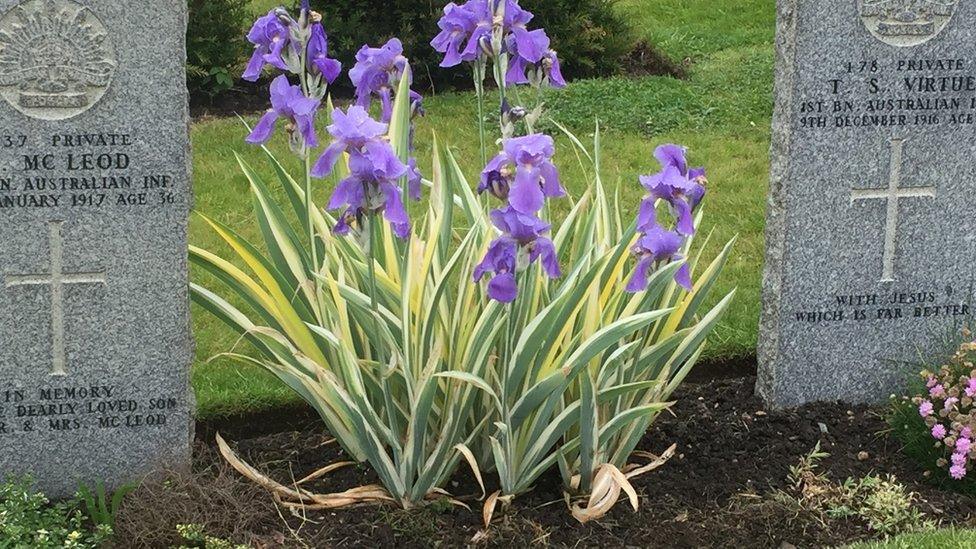
There are 355 World War One graves in the Western Necropolis, and others from later conflicts
Jennie Sweeney said: "Some people, for example, have wanted to find people from their street. And people are coming to us with their research, and telling us that they've found a Somme casualty in their village, town or city."
The commission claims most people on the UK mainland are no more than three miles from at least one of its graves.
- Published10 July 2014
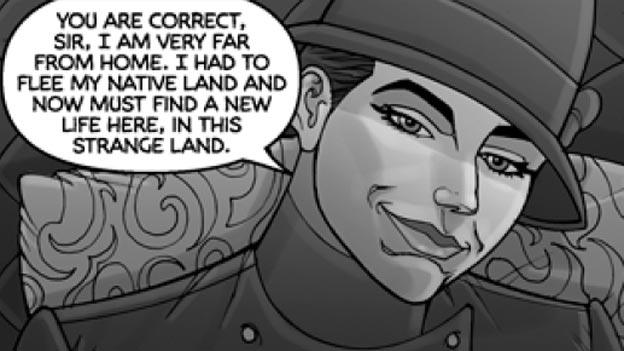
- Published4 August 2014
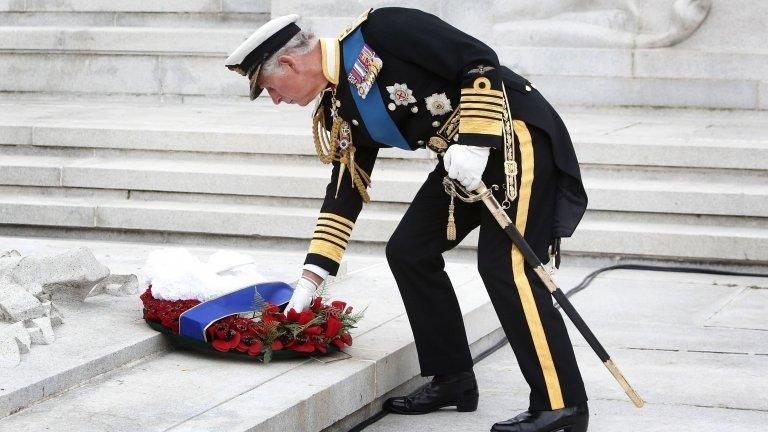
- Published5 August 2014

- Published11 November 2011